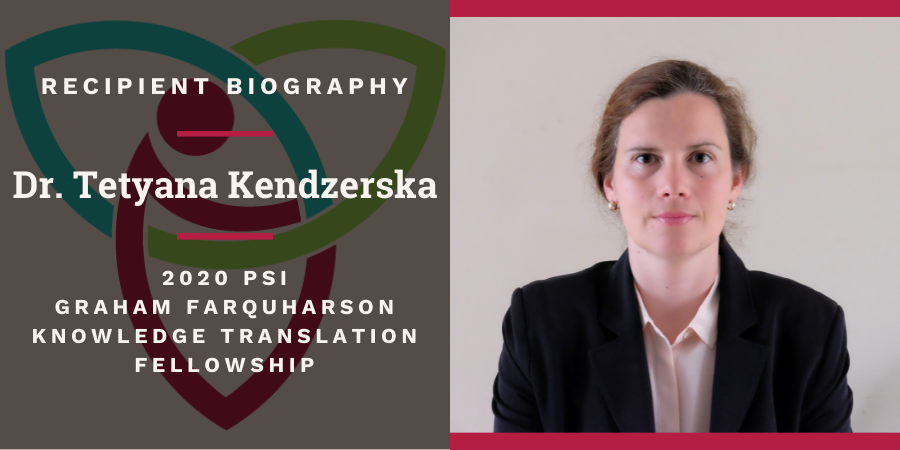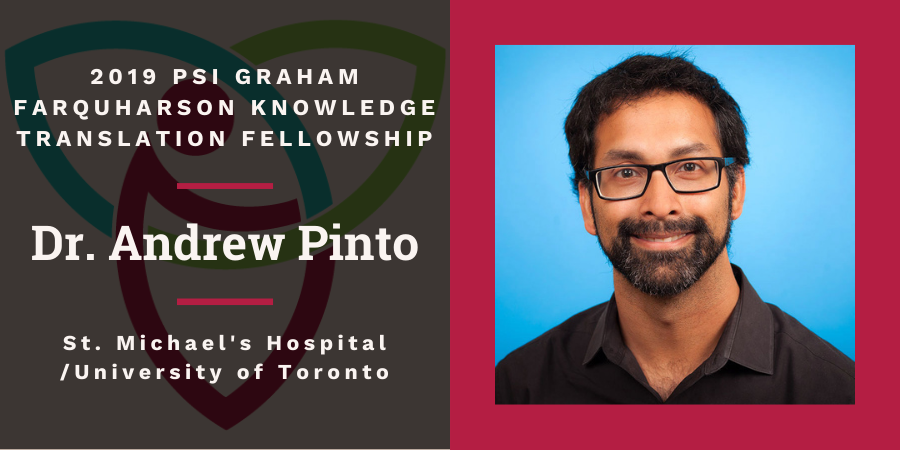“Despite the high prevalence of sleep-disordered breathing (SDB) and the high use of opioid therapy, there are no large-scale population studies that have investigated whether opioid use and pre-existing SDB may interact synergistically to increase the risk of adverse health consequences. There is also an urgent need for both greater awareness of the sleep and respiratory effects of chronic opioid use and associated risks in individuals with SDB and a proactive approach to healthcare provider discussion about sleep disorders in individuals on opioids. This award will allow our team to improve the understanding of the relationship between opioid use and SDB, and the long-term consequences of their interaction. Further, findings from this study would inform clinical decision-making and may influence the future prescription of opioids to patients in Canada with SDB. This study may also provide data on modifiable risk factors associated with adverse long-term outcomes in this population. With this knowledge, we can develop interventions and strategies to develop effective patient-driven care.” – Dr. Tetyana Kendzerska
Dr. Tetyana Kendzerska’s Current Appointments:
- Assistant Professor, Department of Medicine, University of Ottawa
- Clinician Investigator, Department of Medicine, Division of Respirology, The Ottawa Hospital Research Institute / University of Ottawa
- Sleep Physician, The Ottawa Hospital
- Associate Scientist, The Ottawa Hospital Research Institute
- Adjunct Scientist, ICES (formerly the Institute for Clinical Evaluative Sciences)
Dr. Tetyana Kendzerska’s Research:
- Dr. Kendzerska’s current research program focuses on establishing a research platform, Ontario Sleep Data Holding, which will represent population-based real-world data collected from individuals with sleep-related problems. This platform will be built using multiple sources and will be used to translate evidence into quality medical care and health policy.
- As part of this broad-based initiative, she interested in investigating the relationship between opioid use and sleep-disordered breathing (SDB) and in translating obtained evidence into quality medical care for this population.
About the PSI Graham Farquharson Knowledge Translation Fellowship:
PSI Graham Farquharson Knowledge Translation Fellowship provides $300,000 over two or three years and helps protect a new, promising clinician’s research time, allowing the Fellow to undertake high-impact knowledge translation research.



